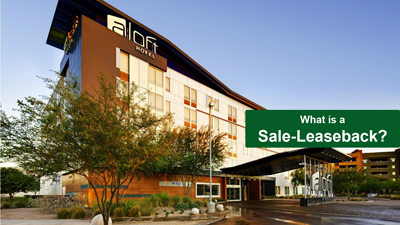
In the typical sale-leaseback, a single tenant property owner sells real estate used in its business to an unrelated private investor or to an institutional investor. Simultaneously with the sale, the property is leased back to the seller for a mutually agreed-upon time period, usually 15 to 20 years with renewal options.
The typical transaction usually is a triple-net-lease arrangement. Sale-leasebacks often include an option for the seller to renew its lease, and on occasion, repurchase the property.
While sale-leaseback transactions may be structured in a variety of ways, a basic sale-leaseback can benefit both the seller/lessee and the buyer/lessor. However, all parties must consider the business and tax advantages, disadvantages, and risks involved in this type of arrangement before moving forward.
Sale Leaseback Articles
Sale-leaseback Deals Help Unlock ‘Untapped Value’
ZEL Capital Partners president Stephen Y. Schwanz quoted on the emergence of hotel sale leasebacks going mainstream after thirty years in the net lease sector.

Hotel Sale-Leaseback Deals Storm America’s Shores
Many of the world’s largest hotel brands do not own most of their real estate. Traditionally, when setting out to enter the hotel business, hotel developers will own the building and enter a franchise…

Sale-Leasebacks Now Relevant for Hospitality
The sale-leaseback sector of commercial real estate is mostly associated with retail pad sites, such as a drug, convenience store or…

Seller Advantages
Raising funds through a sale-leaseback transaction offers property owners a number of important business advantages.
Converts Equity into Cash. With a sale-leaseback, the seller regains use of the capital that otherwise would be tied up in property ownership; at the same time, the seller retains possession and continued use of the property for the lease term.
The seller usually receives more cash with a sale-leaseback than through conventional mortgage financing. For example, if the transaction includes both land and improvements, the seller receives 100 percent of the property’s market value. In comparison, conventional mortgage financing normally funds no more than seventy to eighty percent of a property’s value.
ZEL Capital Partners Can Help
ZEL Capital Partners has access to global investors seeking triple net sale leaseback portfolios as a stabilized investment. Our buyers can provide the seller with the most aggressive cap rate/sale prices on the market today.
In conclusion, on the seller side, ZEL Capital Partners has numerous financing solutions to help a seller create capital from their real estate. By allowing ZEL to look at your assets and structure, we can create an off-market demand solicitation in a discrete manner to allow you to gain the best valuation of your asset.
On the buyer side, we have numerous off-market assets with direct control of prime triple net portfolios with stabilized returns. In all, a win-win for both so contact Jeff Cohen, SVP at ZEL Capital Partners today for a complimentary review of your single-tenant real estate!
ZEL Capital Partners has multiple solutions for other buyers and sellers of triple net sale leaseback options. Tax Hybrid Structures, Forward Commitment from lenders, New Build Development Take Out’s on Real Estate are just a few examples of how we have helped our clients buy and sell over $5.5 billion in transactions over the years. The assets most in demand for buyers seeking investment income are Medical Office, Limited Service Hotel, Retail Portfolios, Restaurant or Franchise Chain, Grocery/Retail/Big Box Anchors, Fitness, C-Store Gas, Auto Dealerships and Office Campuses.
Jeff Cohen
Senior Vice President | ZEL Capital Partners
(480) 355-4392
jeffcohen@zelcapitalpartners.com
